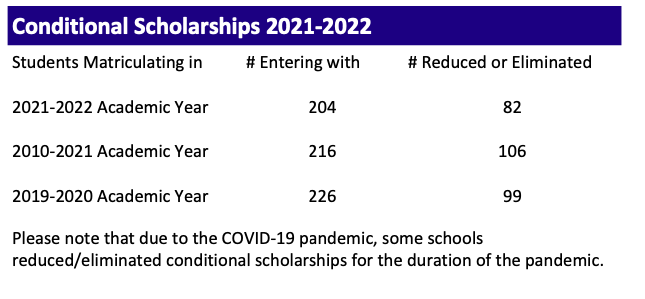In compliance with the ABA Standard 509, we provide the following information to assist prospective law students:
Required disclosure information includes:
View the Standard 509 Information Report for South Texas College of Law Houston.
1. Admissions data
2. Tuition, fees, living costs, and financial aid
3. Enrollment data, including academic, transfer, and attrition
4. Number of full-time and part-time faculty, professional librarians, and administrators
5. Curricular offerings, academic calendar, and academic requirements
6. Bar passage data
7. Conditional scholarships

8. Employment Summary Reports
- December 2022 and May 2023 graduating classes
- December 2021 and May 2022 graduating classes
- December 2020 and May 2021 graduating classes
- December 2019 and May 2020 graduating classes
- December 2018 and May 2019 graduating classes*
*Information on employment outcomes for the Class of 2020 may not reflect a particular
law school’s typical results in this area. As a result of the COVID-19 pandemic, bar
admission exams were canceled or delayed in many jurisdictions, thus making it more
challenging for graduates to secure employment by the annual Graduate Employment
Status Date of March 15. Please reference the 3 years of employment outcome data
posted on the ABA Required Disclosures webpage of each ABA-Approved Law School
or at www.abarequireddisclosures.org. - Additional Employment Data for December 2014 and May 2015 Graduates
9. Refund information
- Refund policies
- The policies of South Texas College of Law Houston can be found in the Student Handbook, Refunds and Returns.
10. Student Complaint Policies
- The policies of South Texas College of Law Houston can be found in the Student Handbook, Student Complaints and Appeals Process.

